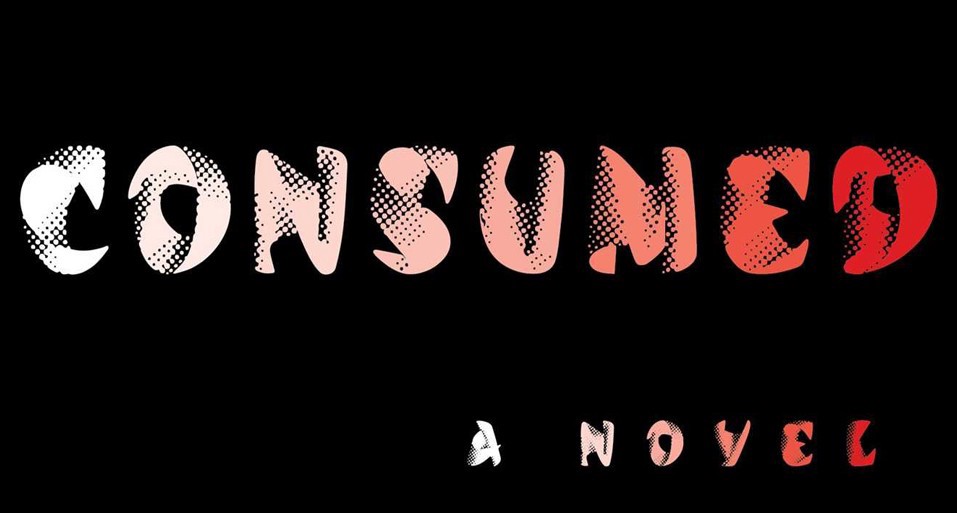Books & Culture
Long Live the New Flesh: Consumed by David Cronenberg

In an interview conducted by Chris Rodley nearly 20 years ago, David Cronenberg said, “Part of my cinematic voyage has been to try and discover the connection between the physical and the spiritual: what we are physically; what is the essence of life and experience.” And then later, “So to whatever degree we center our reality — and our understanding of our reality — in our bodies, we are surrendering that sense of reality to our bodies’ ephemerality.”
The reality of the body has long been a focal point in Cronenberg’s lengthy and rewarding career as one of film’s perennial outsiders. From sexually transmitted diseases to augmented reality, body modifications to sexual fetishes, nothing has ever been off-limits. And although his subject matter is often extreme, it’s never extreme for the sake of being extreme. In other words, Cronenberg has always been a filmmaker with a particular vision for how technology comes into contact with, and subsequently impacts, our understanding of reality.
Cronenberg, who is now in his early 70s, has made his novel debut. Since 1999’s eXistenZ, Cronenberg has largely worked with scripts produced by other writers, the lone exception being Cosmopolis in 2012, itself adapted from Don DeLillo’s novel of the same name. Although this development certainly hasn’t affected the quality of his output, Cronenberg’s films remain expertly constructed and thoughtfully considered; it’s difficult not to wish the man would continue developing new “Cronenbergian” ideas in script form.
Such wishful thinking has been mercifully answered in Consumed. The novel centers Nathan and Naomi, a couple who are as connected as they are disconnected, occasionally taking time from the jet-setting schedules to hole up in expensive hotel rooms, surf the Net together, talk shop, and have sex. Their relationship is symbiotic, one feeding off the other: she is a journalist who chronicles lurid subject matter; he is a photographer of the controversial and the grotesque. Both are obsessed with digging deeper. Likewise, they share similar drives and appetites. In fact, the plot doesn’t really get moving until Nathan contracts an obscure STD known as Roiphe’s disease and gives it to Naomi. From there, through a series of rather ingenious plot developments, Nathan and Naomi’s professional lives and personal entanglements become even more complex, until it seems that they center on an infamous crime, the murder and partial cannibalization of philosopher and Marxist Célestine Arosteguy.
To say much more would ruin the element of unpredictability that lends Consumed much of its allure. Although meticulous arranged, Cronenberg takes his time weaving together the various narrative threads, and the pacing is sometimes sluggish as a direct result. But there is more than enough conceptual meat to drive the story forward. For instance, 3-D printing, experimental surgeries, compulsive self-mutilation, the aggressively secretive politics of North Korea — all of these things figure heavily into Cronenberg’s representation of a world made small by the Internet.
Nathan and Naomi’s sleek world of MacBook Pros, Calvin Kleins, and Nikon cameras, as well as the novel’s thriller-like structure and globe-trotting locales, occasionally calls to mind William Gibson’s Blue Ant trilogy. Gibson, of course, is another science-fiction visionary whose output has irreparably changed the way the technological world is represented in prose. With Consumed, Cronenberg has created an accomplished, weighty novel that deserves to be held in the same esteem as Gibson’s classics. If Cronenberg’s vision has always been about exploring the essence of life and experience in all its grossness, its horrifically slick packaging and sinister underlying realities, then Consumed is yet another worthy addition to an already legendary body of work.

by David Cronenberg










